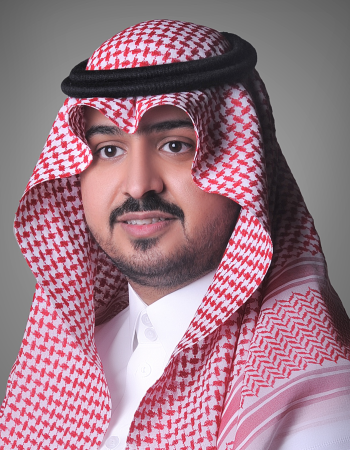introduction/brief CV
Prof. Abdullah AlAsmari graduated from King Saud University (KSU) with a bachelor of Sciences
in Pharmaceutical Sciences in 2011 with second class of honor. After that, he joined the Saudi
Food and Drug Authority (SFDA) in 2011 as a senior pharmacist in the executive directorate of
pharmacovigilance and crisis management. During his work in the SFDA, Dr. AlAsmari was a
member and a coordinator of different committees and attended many conferences and workshops
locally and globally. After that, Dr. AlAsamri joined as a teaching assistant. In 2013, Dr. AlAsmari
joined Auburn University (AU), Harrison College of Pharmacy to pursue his PhD. During
his graduate studies, Dr. AlAsmari focused on investigating novel molecular signaling mechanisms
that can protect the heart from damage against IR injury. During his studies at AU, he was chosen
by the graduate school of Auburn University to be a judge in the research judging committee.
Also, he was awarded the second place of best scientific poster presentation at Auburn University
Research Week symposium during his first year at Auburn University. Furthermore, he received a
travel award from the graduate school of Auburn University. In 2017, Dr. AlAsmari was awarded
a Doctor of Philosophy degree (PhD) in Pharmaceutical Sciences from Auburn University and
became an assistant professor in the department of Pharmacology & Toxicology at KSU.
Dr. AlAsmari worked as the Vice Dean of the Graduate School at King Saud University (KSU)
for Programs Initiatives for 2 years. Currently, Dr. AlAsmari is a Professor and a member and
chairman of various standing committees inside and outside KSU. Also, Dr.
AlAsamri is a registerd consultant pharmacist and is a member in different committees related to
the Saudi Pharmacist Licensure Examination (SPLE). Dr. AlAsmari is working on different funded
projects, which aim to induce cardioprotection against different mechanisms that can induce cardiac
damage. Since 2017, Dr. AlAsmari has authored and co-authored over 100 peer-reviewed articles
and book chapters, and supervised and co-supervised many graduate students. In addition,
he is a reviewer and guest editor for many reputable journals and a member of different scientific
societies.
publications
see all
courses
see all

The goal of this course is to help and encourage the students to conduct a project in order to fulfill the requirements for the bachelor degree of pharmacy (B.Pharm or PharmD). This course will…

This course aims to teach and expose the students to different molecular and signaling experiments as well as animal handling in order to help them conducting their own projects.

This course deals with the molecular mechanisms underlying the toxic effects of xenobiotics as well as their biotransformations in man and experimental animals.


